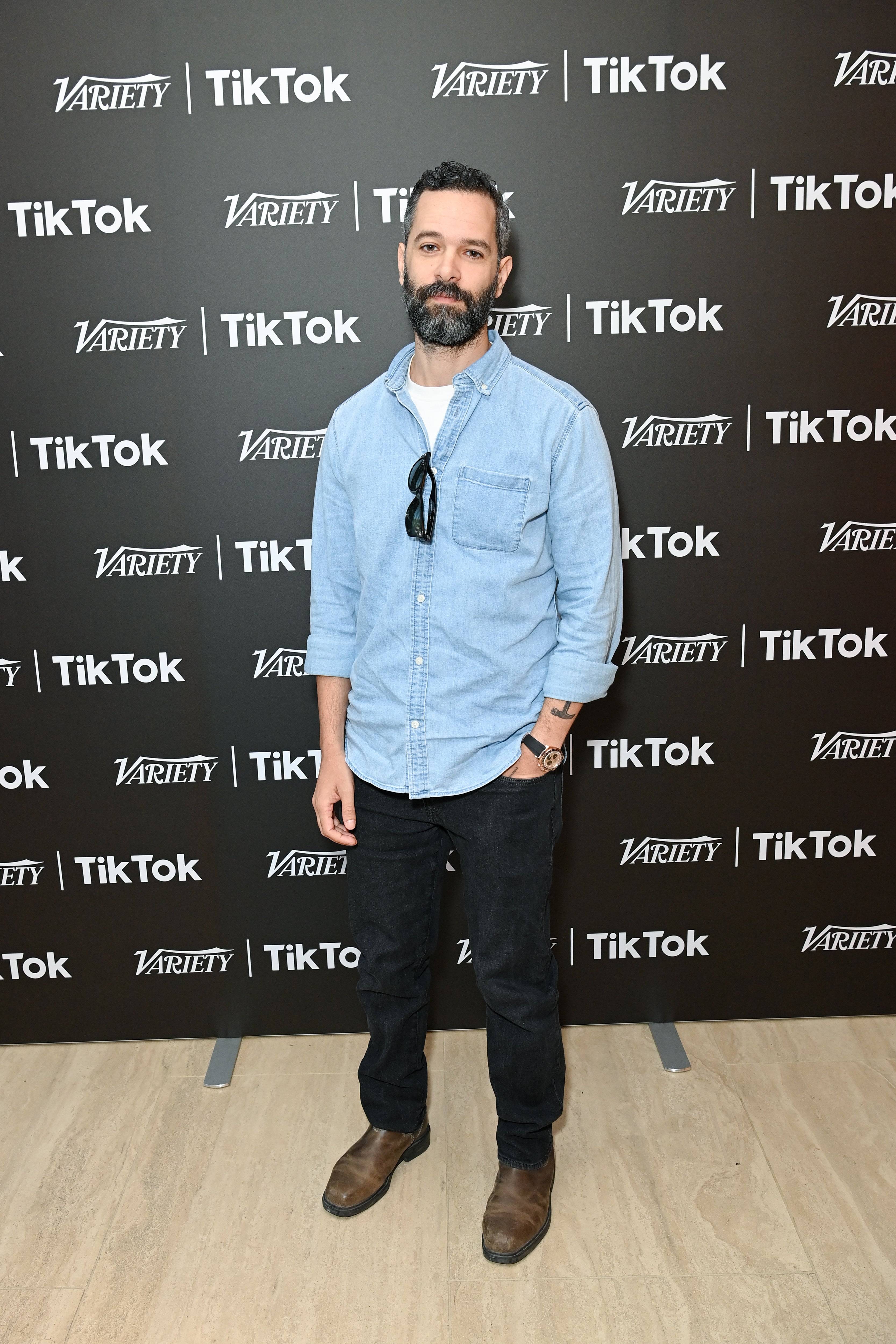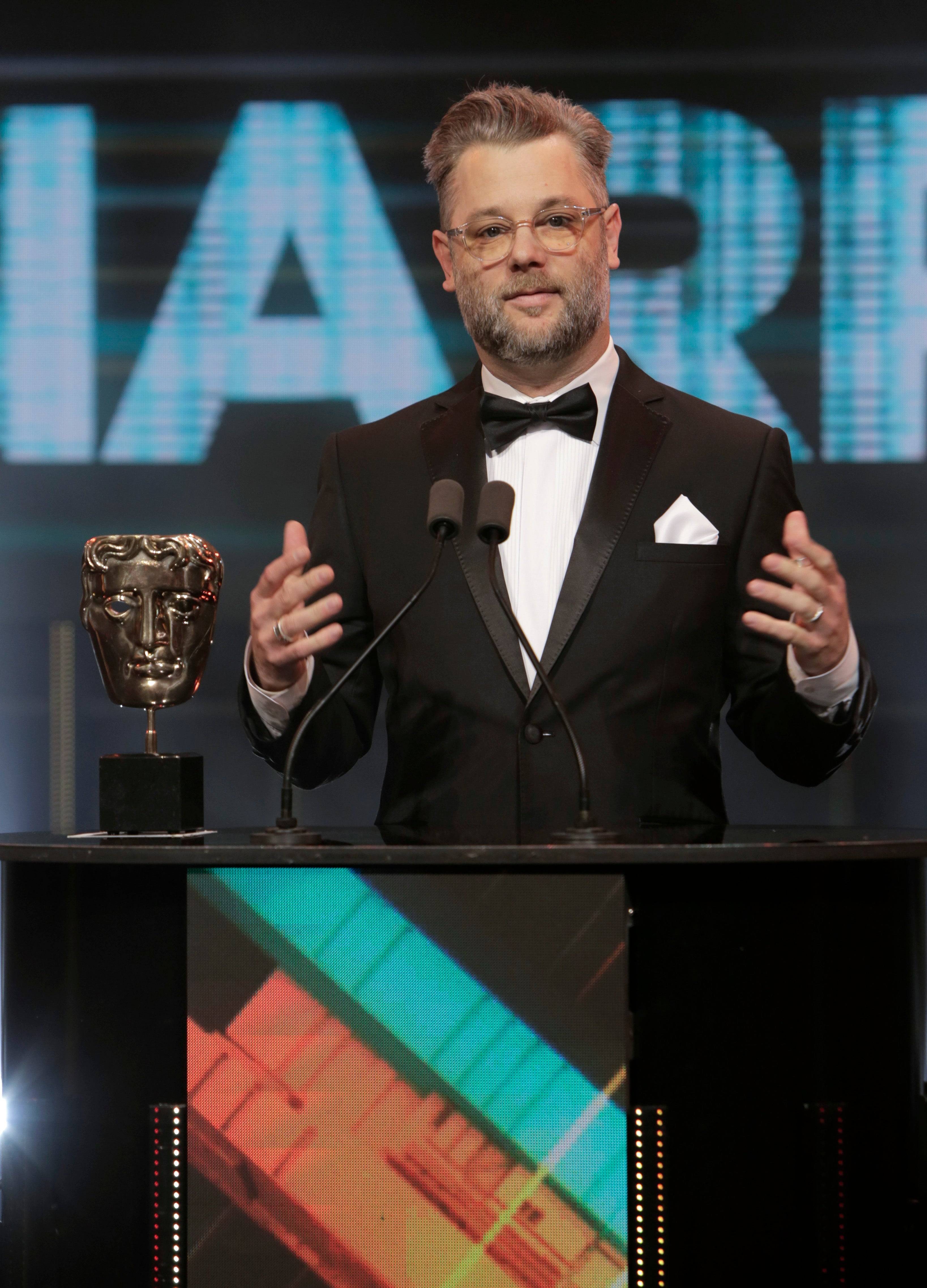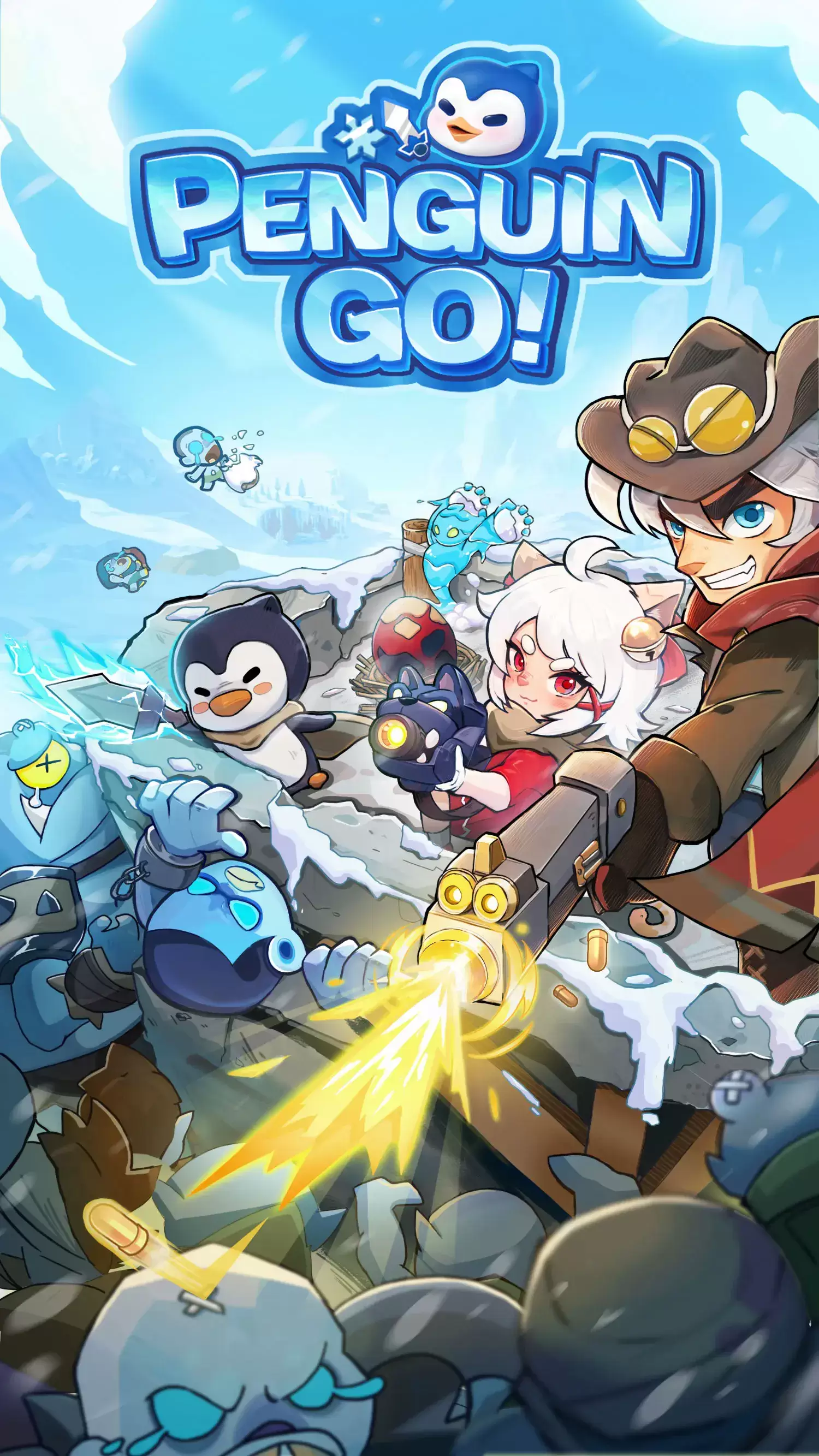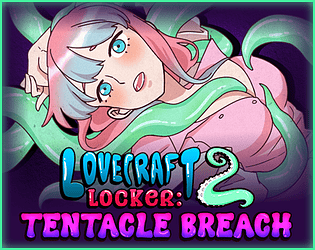At the DICE Summit in Las Vegas, Naughty Dog's Neil Druckmann and Sony Santa Monica's Cory Barlog discussed the pervasive theme of doubt in game development. Their hour-long conversation covered personal insecurities, discerning viable ideas, and the challenges of character development across multiple games.
Druckmann surprisingly revealed he doesn't plan sequels beforehand. His approach to The Last of Us Part II, and other sequels, involved focusing intensely on the current project, treating each as a standalone. Any sequel ideas are organic, emerging from unresolved elements and character arcs in the previous game. If a character's journey feels complete, Druckmann jokingly suggests, "I think we'll just kill them off." He cited the Uncharted series as an example, emphasizing how each sequel's direction evolved organically, driven by the need for fresh narrative paths and avoiding repetition. This contrasts sharply with Barlog's approach, which involves extensive long-term planning, connecting current projects to ideas conceived years prior. Barlog admitted this method is incredibly stressful, often clashing with the evolving perspectives of team members across multiple projects. Druckmann countered that such long-term planning demands a level of confidence he doesn't possess, preferring to concentrate on the immediate tasks.

The conversation shifted to the emotional toll of game development. Druckmann shared an anecdote about Pedro Pascal, who described the creative process as "the reason to wake up in the morning," highlighting the intense passion despite the stress, negativity, and even death threats. This passion, Druckmann emphasized, outweighs the challenges, particularly the privilege of collaborating with talented individuals. Druckmann then posed a question to Barlog regarding the point at which the creative drive becomes overwhelming, referencing Ted Price's recent retirement.
Barlog's response was deeply personal, admitting the creative drive is insatiable. Reaching a milestone, like completing a major project, doesn't bring fulfillment; instead, it fuels the desire for even greater achievements. This relentless pursuit, he explained, is a self-driven compulsion, often ignoring advice to slow down or rest. Druckmann echoed this sentiment, but with a more measured tone, mentioning his gradual disengagement from day-to-day tasks to create opportunities for others. He envisions eventually stepping back, allowing others to embrace the challenges and opportunities he's experienced. Barlog's concluding remark, "Very convincing. I’m going to retire," was delivered with wry humor.










